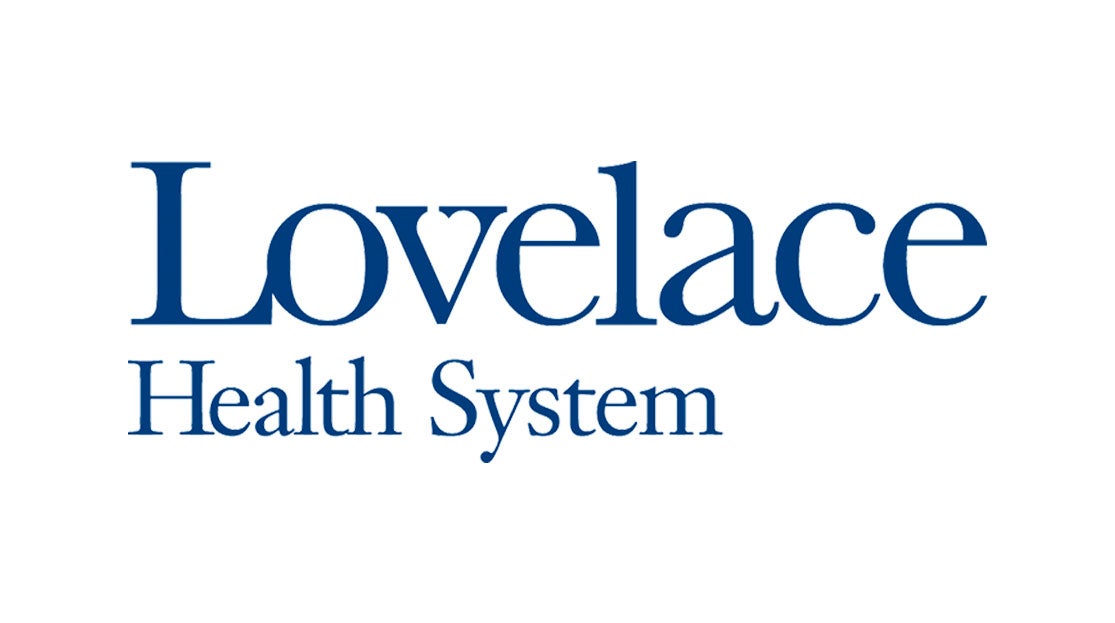
For first-time expectant mothers, the journey of pregnancy is filled with excitement, from time to time a few anxious thoughts of what’s ahead and the realization that life is about to change. For Laura Huval, a typical pregnancy took a dramatic turn at 26 weeks.

“My blood pressure was extremely high, and my platelets were very low,” Huval recalls. “I was in danger of my liver failing and going into renal failure.”
Huval was diagnosed with HELLP, a potentially life-threatening pregnancy complication considered to be a form of preeclampsia. This condition is identified by a breaking down of the red blood cells, elevated liver enzymes and low platelet count, affecting 48,000 pregnant women in the U.S. every year. Huval’s only warning sign was not feeling well earlier that day.
“The best cure was to have my daughter then and there at 26 weeks,” shared Huval of the realization that her daughter would be delivered prematurely to save her life. It was November 26, 2010, 3 ½ months before her March 3, 2011, due date.
Worried and sick, Huval remembers her doctor explaining the worst- and best-case scenarios for the delivery and survival of her daughter at 26 weeks. “I thought I was screaming, but afterward she told me I was holding my breath,” she says.
Of the more than half a million premature babies born every year in the U.S., 25 percent are born early due to an induction or intervention to address a health problem of either the baby or the mother. At 26 weeks, Huval’s daughter is among only 6 percent of premature babies born under 28 weeks’ gestation, accounting for less than one percent of all babies born in the US. Babies born at 26 weeks have an 80 percent survival rate, but the immediate and future health complications are not known until the delivery and following days, weeks and months in the Neonatal Intensive Care Unit (NICU).
Huval was not able to see her daughter, Isabella, until the day after she was born. In the NICU, Huval laid her hands on her daughter’s tiny body, just 1 pound 5 ounces and 12 ¼ inches long. That day was the beginning of a 3 ½ month journey in the NICU at Lovelace Women’s Hospital for baby Isabella and her family.
With underdeveloped lungs and digestive system, problems learning how to feed from a bottle, and difficulty with her eyesight, Isabella will have undergone four surgeries by her second birthday. Her strength and endurance throughout is remarkable, and Huval believes it is a testament to the doctors, nurses and staff of the Lovelace Women’s Hospital NICU who work with these small babies every day.
For families facing the same journey, Huval offers comfort from her experience. “The doctors and nurses are skilled at taking caring of the smallest babies and will treat them with love and kindness. They will also guide you and answer questions you may have along the way.”
Through Isabella’s stay at the NICU, Huval became aware of the work of March of Dimes and their role in her daughter’s care. Lovelace Women’s Hospital is a proud supporter of March of Dimes and works to connect families with this terrific organization. “Without the March of Dimes research, I don’t think that Isabella would be here,” she says “As for the NICU- they saved her on multiple occasions. I don’t have enough words to say how I feel about them.”
Today Isabella is a 21-month-old little “spitfire.” Huval says her best friend is Elmo, and she loves looking at books and being an active toddler. Earlier this summer, Isabella was able to go off oxygen support, as well as had her colostomy taken down. She has another surgery scheduled on her eyes. Both the development of her eyes and lungs will be closely monitored by her doctors going forward.
This Sept. 15, Huval and her daughter will return to Lovelace Women’s Hospital for a day filled with stories just like theirs. Families with children who once called the NICU home are invited to the Fifth Annual NICU Reunion at Lovelace Women's Hospital to see the doctors, nurses and staff who guided them through their first weeks and months of life. It is a celebration of the miracles that are these once tiny babies, now growing toddlers and children filled with spirit and personality.
The NICU Reunion at Lovelace Women’s Hospital is also a reminder to continue to support organizations like March of Dimes, which raise money and awareness for premature babies throughout the world. Huval knows with more awareness and medical advancements, the future looks brighter for babies. “I believe as the research and technology advances, the chances of premature birth will go down, and the babies who are born premature will have a better chance.”
5th Annual NICU Reunion, Hosted by Lovelace Women's Hospital and March of Dimes
Saturday, September 15
Lovelace Women's Hospital
4701 Montgomery Blvd. NE
11am - 1pm
Fun for the entire family, including face painting, food & much more!
Please bring a picture of your baby while in the NICU for a fun activity.
RSVP by September 5th to 727.6050 or bvanpelt@marchofdimes.com




